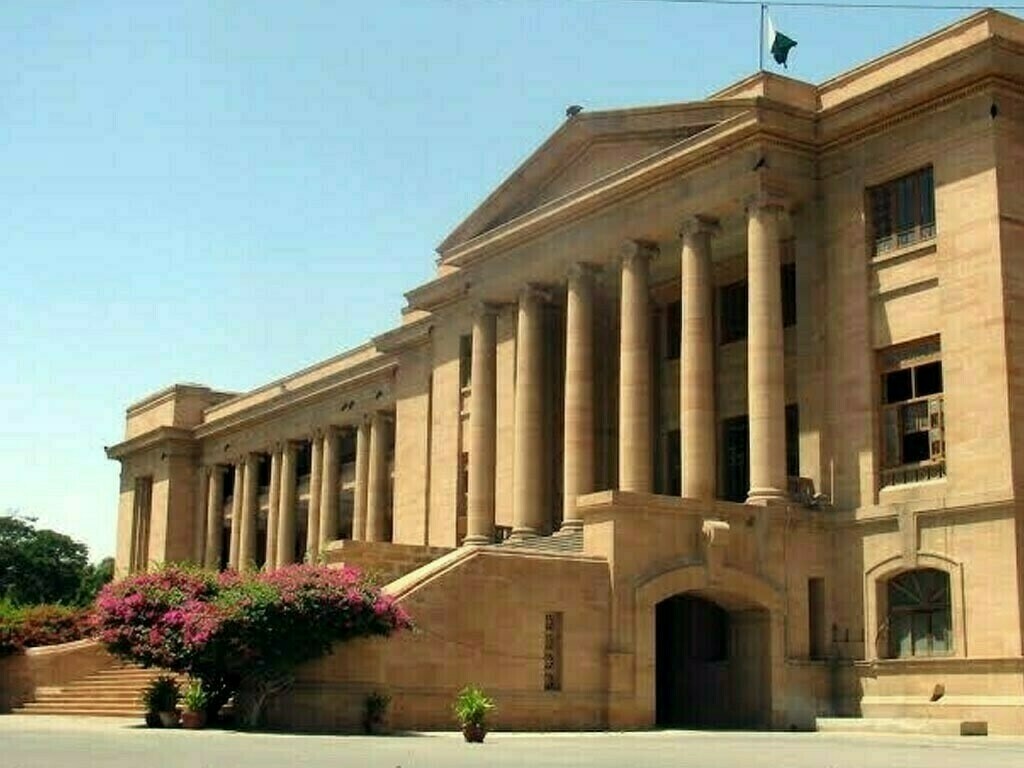PTBP Web Desk
The Federal Board of Revenue (FBR) has reported recovering Rs880 million from Pakistanis who own foreign accounts and offshore properties.
The announcement was made to the Constitutional Bench of the Supreme Court during a hearing on cases related to undisclosed foreign accounts, tax evasion, and other matters. This recovery marks a significant step in the government’s efforts to trace and reclaim hidden wealth stored abroad.
The six-judge bench, headed by Justice Aminuddin and including Justice Jamal Khan Mandokhail, Justice Muhammad Ali Mazhar, Justice Hassan Azhar Rizvi, Justice Mussarat Hilali, and Justice Naeem Akhtar Afghan, heard the case on Tuesday. Among the cases reviewed were those concerning offshore accounts and assets, written-off loans amounting to Rs54 billion, enforced disappearances, and appeals against the orders of the Supreme Appellate Court in Gilgit-Baltistan.
During the proceedings, advocate Hafiz Ehsaan Ahmad Khokhar, representing the FBR, presented a progress report detailing the department’s actions in tracing foreign currency accounts and offshore properties held by Pakistani citizens. Former Chief Justice Saqib Nisar initiated the inquiry in February 2018, setting up a 12-member committee with clear terms of reference (TORs) to investigate these assets and provide actionable recommendations.
FBR’s Progress and Key Amendments
Advocate Hafiz Ehsaan informed the court that the FBR has implemented several of the committee’s recommendations. These steps have allowed the department to identify and recover significant sums from individuals with undeclared assets abroad. Thus far, Rs880 million has been reclaimed, and efforts continue to recover more.
Justice Mandokhail inquired about the progress made in tracing accounts and properties. Justice Aminuddin emphasized that recovery is critical after identifying the individuals involved.
Hafiz Ehsaan highlighted key amendments to the Income Tax Ordinance 2001, which have bolstered the FBR’s ability to monitor and address tax evasion:
- Declaration of Foreign Assets: Amendments in the Finance Act 2018 require individuals to declare foreign assets through independent wealth statements. Similarly, remittances exceeding Rs1 million annually must be reported.
- Scrutiny of Foreign Remittances: Previously, tax authorities had limited powers to investigate foreign remittances over Rs10 million. Through the Finance Act 2021, this threshold was reduced to Rs5 million, allowing for stricter scrutiny.
- Elimination of Time Limits for Taxation: The FBR’s authority to tax concealed foreign assets is no longer restricted to five years. Now, assets can be taxed regardless of how old they are, provided they are discovered.
- Voluntary Disclosure Schemes: The Finance Act 2018 introduced the Foreign Assets and Repatriation and Declaration Act to encourage the declaration of foreign assets. The Assets Declaration Ordinance 2019 followed, offering Pakistanis an opportunity to legalize undeclared offshore holdings by paying required taxes.
These measures have facilitated the identification of previously undisclosed wealth and the recovery of tax revenue.
The FBR’s progress has also been aided by international cooperation. Hafiz Ehsaan stated that the department has utilized global mechanisms for the exchange of tax information to obtain data on offshore assets. By sending requests to partner jurisdictions, the FBR has secured details on Pakistani citizens holding assets abroad. These actions are part of a broader effort to address tax evasion and bring hidden wealth back into Pakistan’s economy.
The recommendations of the committee set up by former Chief Justice Saqib Nisar included the digitalization of records, the implementation of robust tracking mechanisms, and regular audits to identify discrepancies. Hafiz Ehsaan noted that these recommendations have been instrumental in recovering undeclared wealth. He added that the department is working without discrimination, targeting individuals named in major leaks and international investigations.




